When considering an Engine Block Material Comparison between aluminum and cast iron engine blocks, the differences are significant. Aluminum blocks weigh about half as much as cast iron ones, making them ideal for cars that require speed and excellent handling. The lighter weight also contributes to fuel savings and improved vehicle balance. On the other hand, cast iron blocks are considerably stronger than aluminum, capable of withstanding pressures of 20,000 to 25,000 psi. This strength makes them suitable for demanding engines that operate under heavy stress. Understanding these distinctions is crucial for selecting the best engine block for your specific needs.
Key Takeaways
-
Aluminum engine blocks weigh less, helping cars use 10-15% less fuel and handle better.
-
Cast iron blocks are tougher and last longer, great for heavy work and long use.
-
Aluminum cools down fast, stopping overheating, while cast iron stays warm, good for cold weather.
-
Fixing aluminum blocks costs more and is harder, but cast iron blocks are cheaper and simpler to repair.
-
Think about what you need—speed and fuel savings with aluminum or strength and long life with cast iron—when picking an engine block.
Engine Block Material Comparison: Weight and Strength
Weight Differences
Aluminum: Lightweight for better fuel use and easier handling.
Aluminum engine blocks are much lighter, reducing a car’s weight. This helps improve fuel use by 10-15% and makes handling smoother. Aluminum alloys, with a density of 2.7 g/cm³, weigh 40-50% less than cast iron blocks. Because of this, aluminum blocks are often used in cars needing speed and agility.
|
Material |
Density (g/cm³) |
Weight Reduction (%) |
Fuel Efficiency Improvement (%) |
|---|---|---|---|
|
Aluminum Alloy |
2.7 |
40-50% |
10-15% |
|
Gray Cast Iron |
7.2 |
N/A |
N/A |
Cast Iron: Heavier but adds strength and stability.
Cast iron engine blocks are heavier, making them strong and stable. With a density of 7.2 g/cm³, they are great for trucks and heavy vehicles. However, the extra weight can lower fuel efficiency and slow acceleration. Still, cast iron blocks are trusted for their long-lasting strength and durability.
Strength and Structural Integrity
Aluminum: Strong enough but can bend under high stress.
Aluminum blocks are strong for most cars, with tensile strength between 10,000 and 14,000 psi. They are great for lightweight and fast vehicles. But aluminum is softer, so it can bend or crack under extreme heat or pressure. Extra support may be needed for tough conditions.
Cast Iron: Very strong and resists wear, perfect for tough jobs.
Cast iron blocks are very strong, with tensile strength from 20,000 to 25,000 psi. They handle high pressure and resist wear over time. Cast iron also reduces noise and vibration, adding to its durability. These features make cast iron blocks ideal for trucks and heavy machinery.
|
Material |
Tensile Strength (psi) |
Applications |
|---|---|---|
|
Aluminum Alloys |
10,000 – 14,000 |
Small, fuel-saving cars, sports vehicles |
|
Gray Cast Iron |
20,000 – 25,000 |
Trucks, heavy machines, commercial vehicles |
Note: Aluminum is light and efficient, but cast iron’s strength lasts longer in tough conditions.
Thermal Performance of Engine Blocks
Heat Dissipation
Aluminum: Great at releasing heat, lowering overheating chances.
Aluminum blocks release heat quickly because they conduct heat well. With a thermal conductivity of 170-200 W/(m·K), aluminum moves heat about four times faster than cast iron, which has only 40-50 W/(m·K). This quick heat movement stops engines from overheating, especially in sports cars or high-performance engines. It keeps power steady and reliable during heavy use.
Tip: Aluminum’s fast heat release is perfect for engines needing high thermal efficiency.
Cast Iron: Keeps heat longer, good for cold weather but not for high performance.
Cast iron blocks hold heat better because they conduct heat slower. This helps engines warm up faster in cold weather and stay warm. But in high-performance engines, slow heat release can cause overheating during long or intense use.
|
Aspect |
Details |
|---|---|
|
Study Focus |
Testing air cooling for motorcycle engines |
|
Methodology |
Analyzing heat transfer using computer simulations |
|
Key Findings |
Results matched tests; improved cooling surface designs |
|
Implications for Efficiency |
Better understanding of heat control and engine efficiency |
Operating Temperatures
Aluminum: Heats up fast but may need extra cooling.
Aluminum blocks warm up quickly because they expand heat well. They reach working temperatures faster than cast iron. Aluminum also moves heat to the coolant efficiently, keeping the engine stable. But this fast heat movement might need advanced cooling systems for long use.
Cast Iron: Stays strong under very high heat.
Cast iron blocks are tough and don’t change shape in extreme heat. They take longer to warm up but stay reliable in hard conditions. Their strength ensures they work well over time.
Note: Aluminum manages heat faster, while cast iron stays strong in tough heat conditions.
Repairability and Maintenance of Cast Iron and Aluminum Engine Blocks
Ease of Repairs
Aluminum: Harder to fix because it is softer and cracks easily.
Aluminum engine blocks are light and work well but are softer. This softness makes fixing them harder when they crack. Special methods like TIG welding or using epoxy are needed. These repairs can cost more and take longer. Aluminum blocks also don’t last as long in tough jobs, so they get damaged more often. While aluminum is easier to shape, its lower strength means repairs might not fully fix it.
-
Key Points:
-
Aluminum cracks more under pressure.
-
Fixing it needs special tools and skills.
-
Aluminum repairs cost more than cast iron ones.
-
Cast Iron: Simpler to fix and weld, great for rebuilding engines.
Cast iron engine blocks are strong and easy to repair. The material can handle welding and other fixes without losing strength. This makes cast iron a top choice for rebuilding engines, especially in heavy vehicles. Cast iron’s toughness means fewer repairs are needed, saving both time and money.
-
Key Points:
-
Cast iron is simple to weld and repair.
-
Fixes are cheaper than aluminum repairs.
-
Best for heavy-duty jobs needing long-lasting parts.
-
Maintenance and Longevity
Aluminum: Needs more care to avoid damage and wear.
Aluminum engine blocks perform well but need regular care to last. They can corrode in wet or salty places, so frequent checks are important. Aluminum wears out faster under stress, so you must watch for damage. Even though aluminum resists rust well, skipping maintenance can lead to costly fixes or replacements.
-
Key Points:
-
Check often for rust or damage.
-
Aluminum doesn’t last as long in tough jobs.
-
Regular care keeps it working well and avoids big problems.
-
Cast Iron: Strong and lasts longer with less upkeep.
Cast iron engine blocks are made to last and need little care. They resist wear and handle tough conditions, giving them a long life. Cast iron doesn’t rust easily, so fewer checks are needed. This makes it a smart choice for people who want reliable, long-lasting engines.
-
Key Points:
-
Cast iron needs less care.
-
It lasts longer because it’s tough.
-
Perfect for heavy vehicles and hard jobs.
-
Tip: Choose cast iron for strength and low upkeep. Aluminum works better for lighter jobs if cared for properly.
Cost and Customization in Engine Block Material Comparison
Affordability
Aluminum: Costs more because of material and production expenses.
Aluminum engine blocks are pricier at the start. This is due to the cost of aluminum and the complex ways it’s made. But aluminum’s lighter weight helps save fuel and boosts performance over time. These long-term benefits make aluminum a favorite for high-performance cars, even though it costs more upfront.
Cast Iron: Cheaper, making it a good choice for saving money.
Cast iron engine blocks are much cheaper than aluminum ones. They can lower engine block costs by 40% or more. This makes cast iron a smart pick for people on a budget. When mixed with other metals, cast iron becomes even stronger, offering great durability at a low price. While its heavier weight may raise fuel costs, the savings at purchase often make up for it.
-
Key Points:
-
Cast iron is less expensive to make and buy.
-
Aluminum costs more but saves fuel in the long run.
-
Customization Potential
Aluminum: Easier to change for better performance.
Aluminum engine blocks are great for customization. They are softer, so it’s easier to adjust parts like camshaft size or deck height. This makes aluminum perfect for cars that need performance upgrades. Custom changes can improve how the engine works.
Aluminum blocks are easier to modify than cast iron ones. You can adjust parts like camshafts and lifters to fit specific needs.
Cast Iron: Harder to customize but very dependable as is.
Cast iron blocks are tough but harder to modify. The material is harder to machine, so it’s not ideal for performance upgrades. Still, cast iron is very reliable in its original form, making it a solid choice for heavy-duty vehicles.
-
Key Points:
-
Aluminum is best for custom upgrades.
-
Cast iron is harder to change but works well as-is.
-
Tip: Pick aluminum for custom performance. Go with cast iron for strength and savings.
Picking between aluminum and cast iron engine blocks depends on your needs. Aluminum is light, improving fuel use and speed by about 30%. It cools quickly, keeping engines steady, which is great for fast cars. But aluminum costs more and doesn’t last as long under heavy use.
Cast iron, however, is very strong and lasts longer. It’s perfect for trucks and machines that work hard. It holds heat well, which helps in cold weather, but its weight lowers fuel efficiency. Cast iron is cheaper and lasts longer, making it a smart choice for durability.
Tip: Think about what matters most—speed, cost, or care—before choosing.


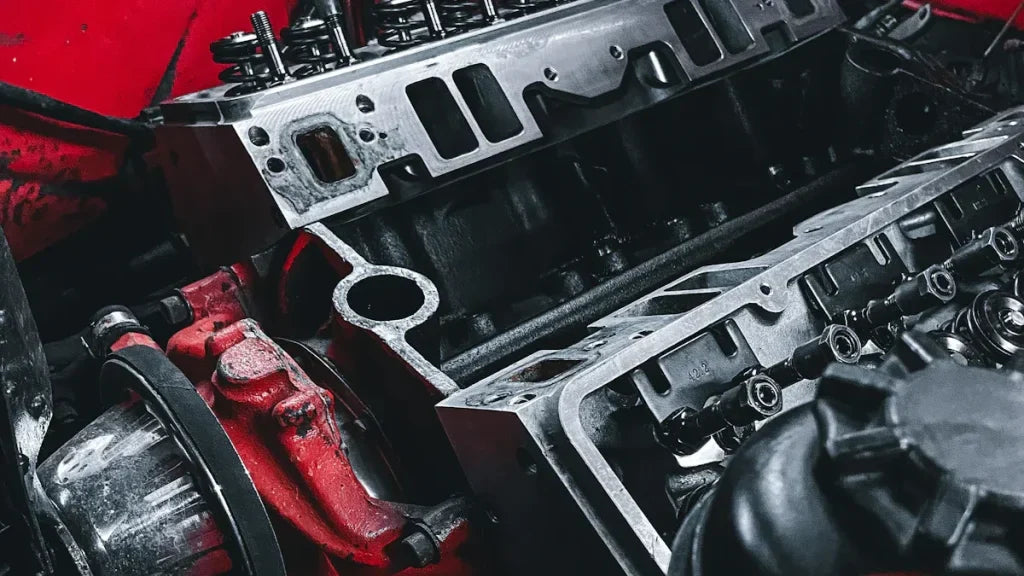
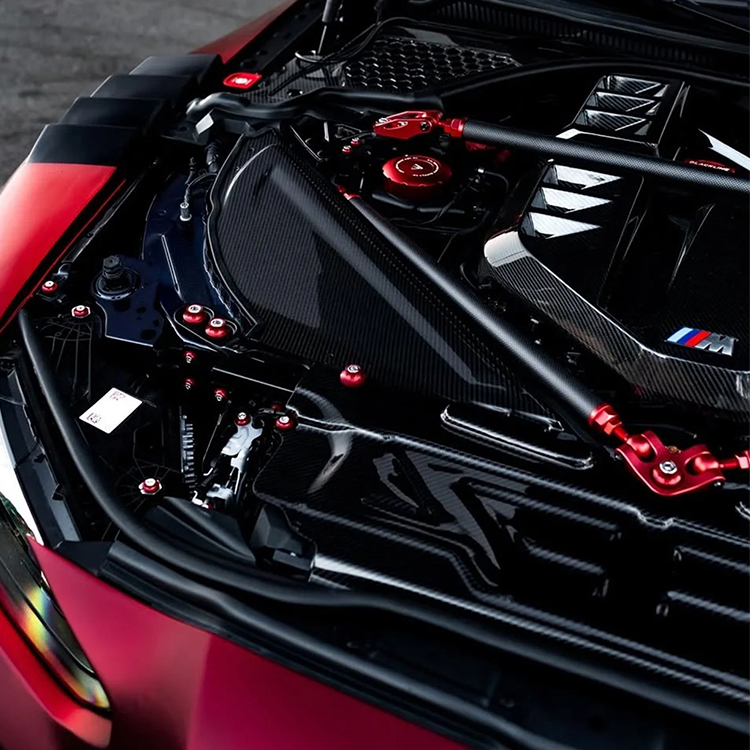
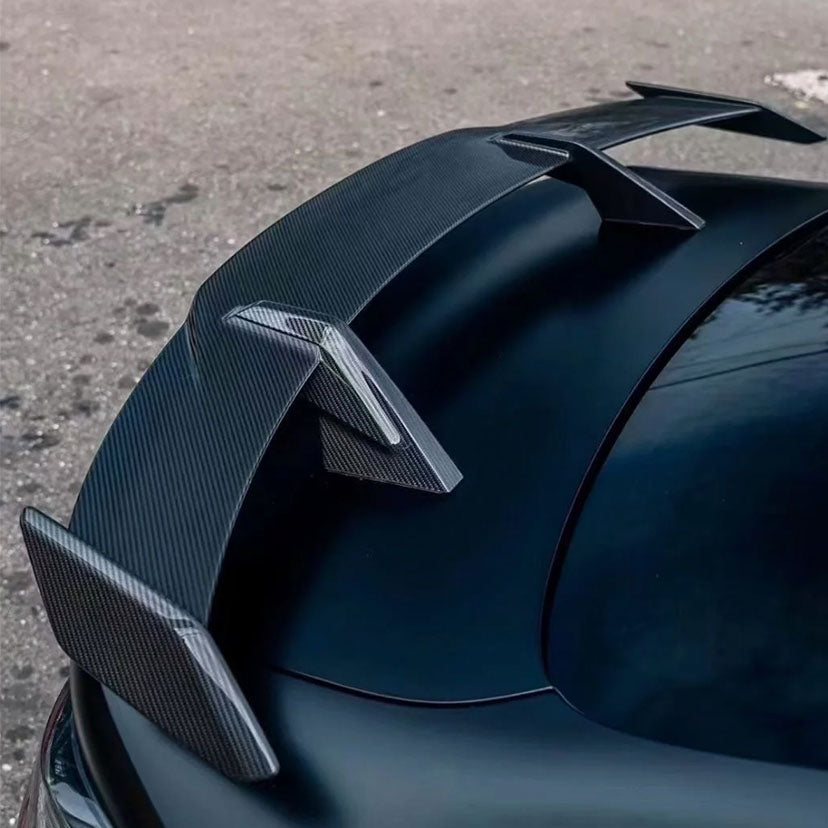
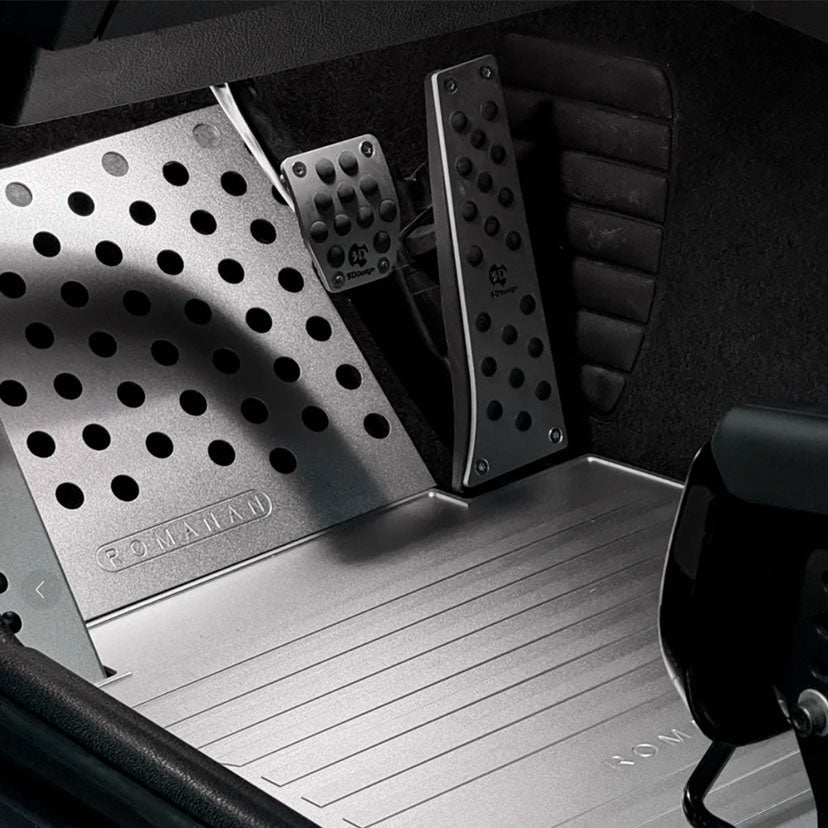
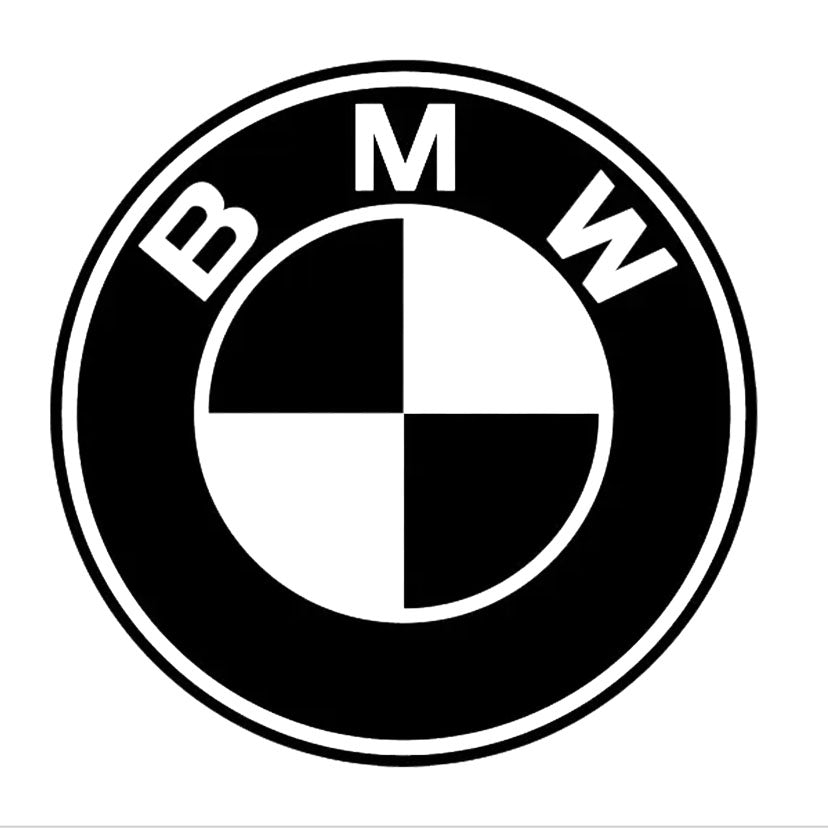
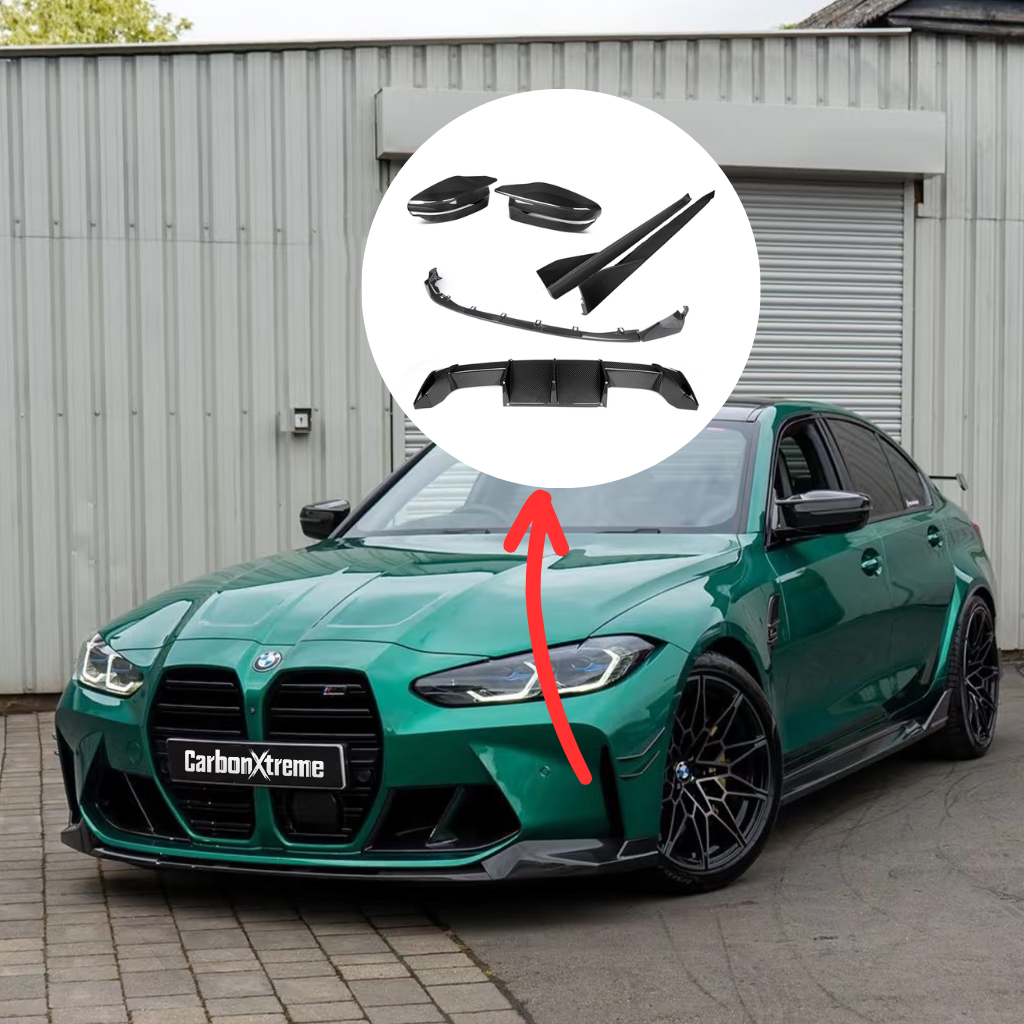
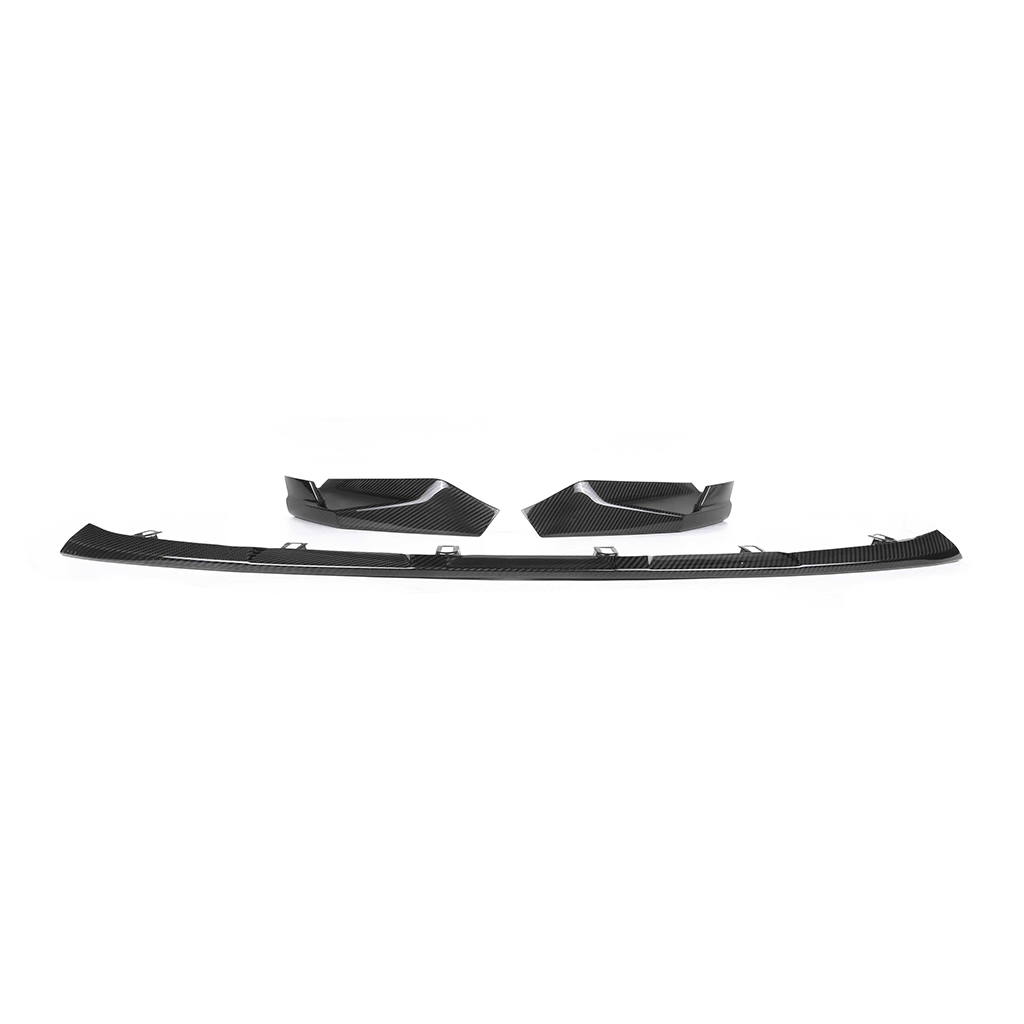
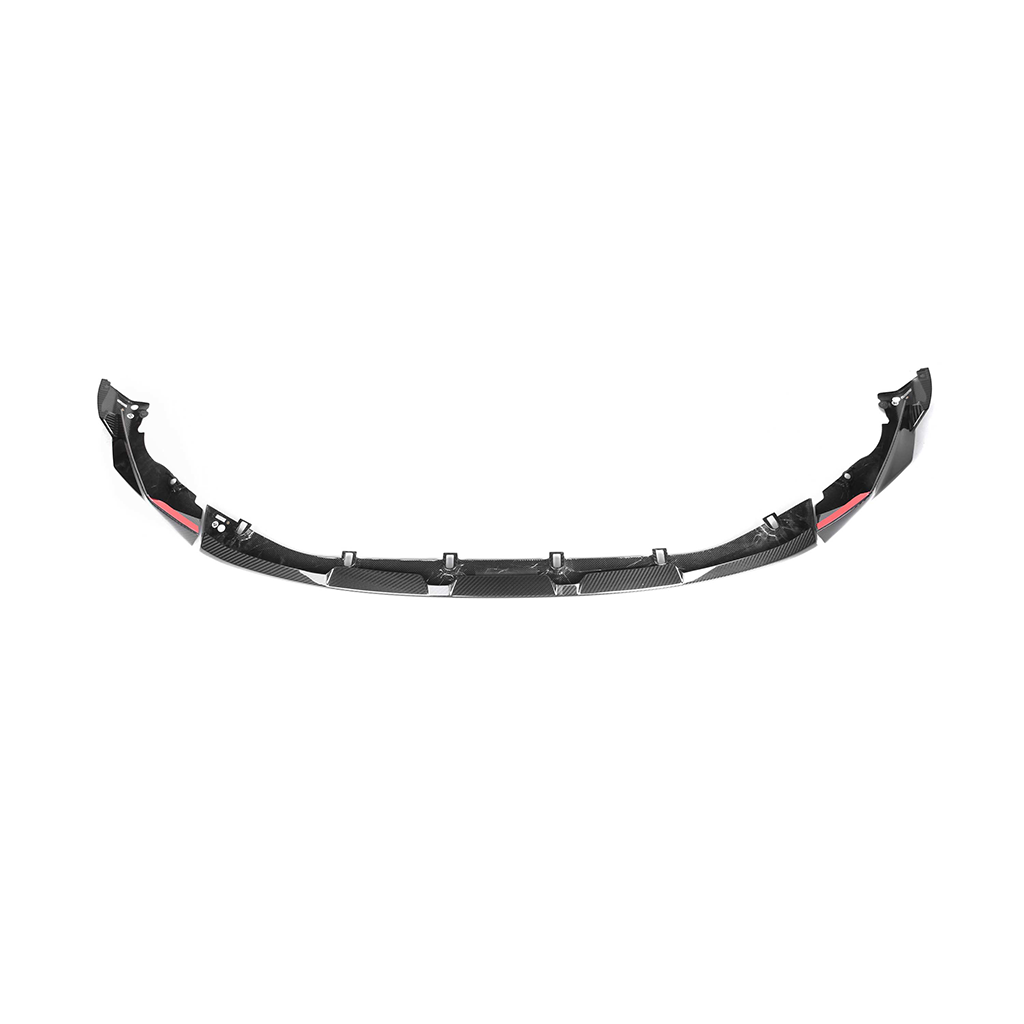
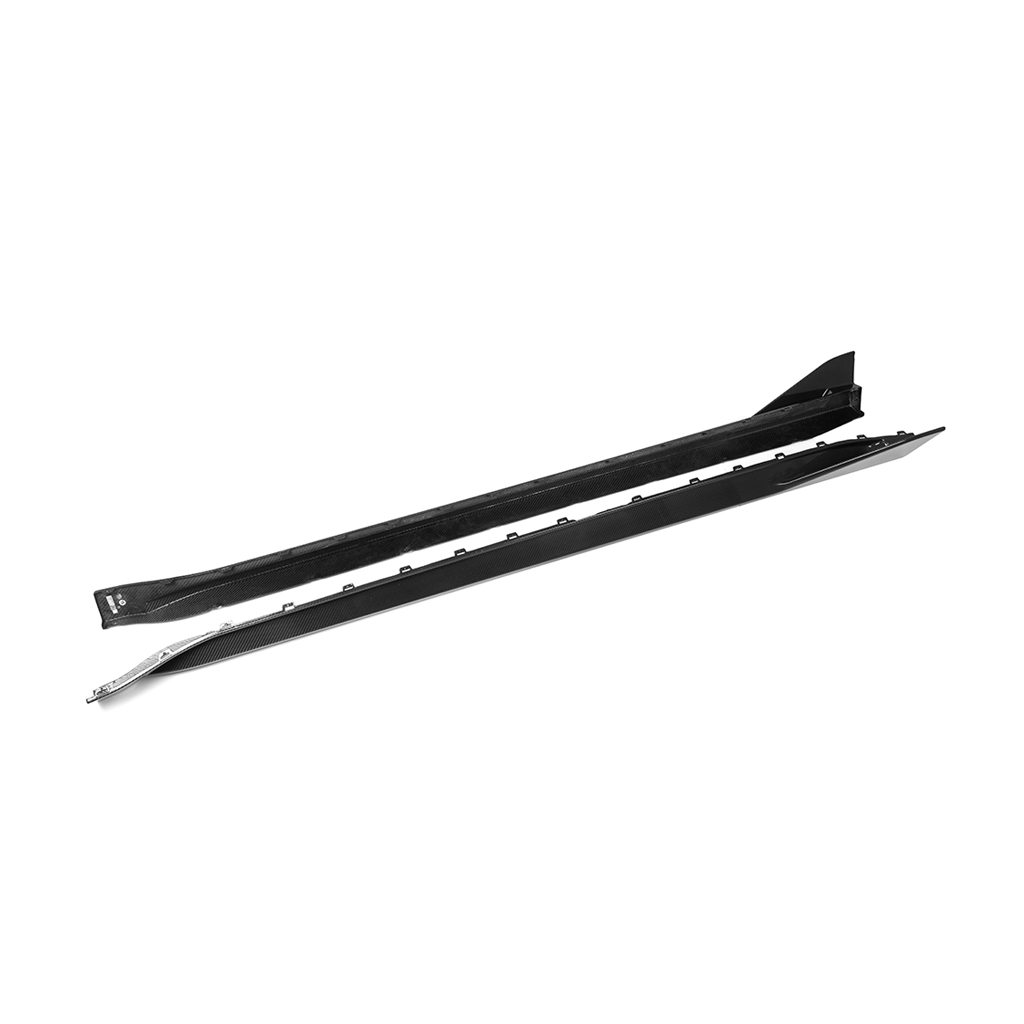
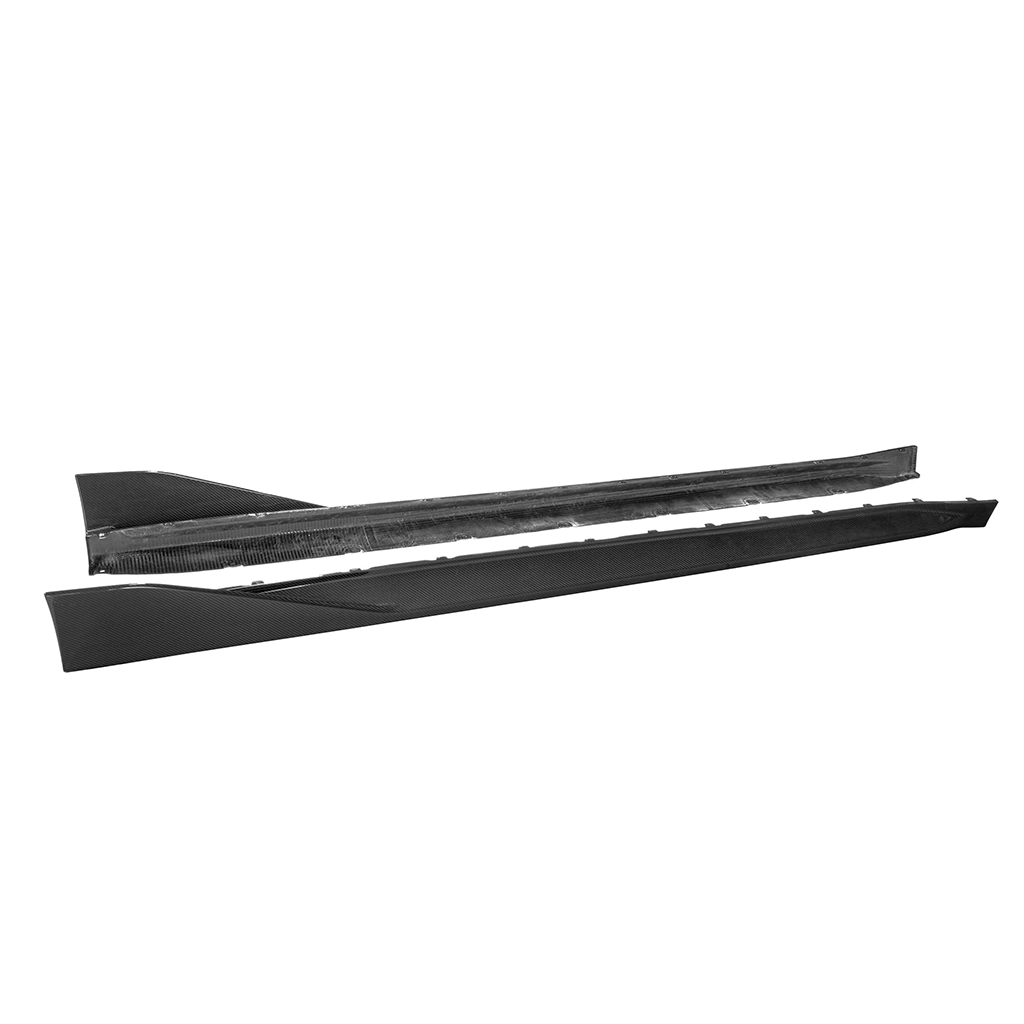
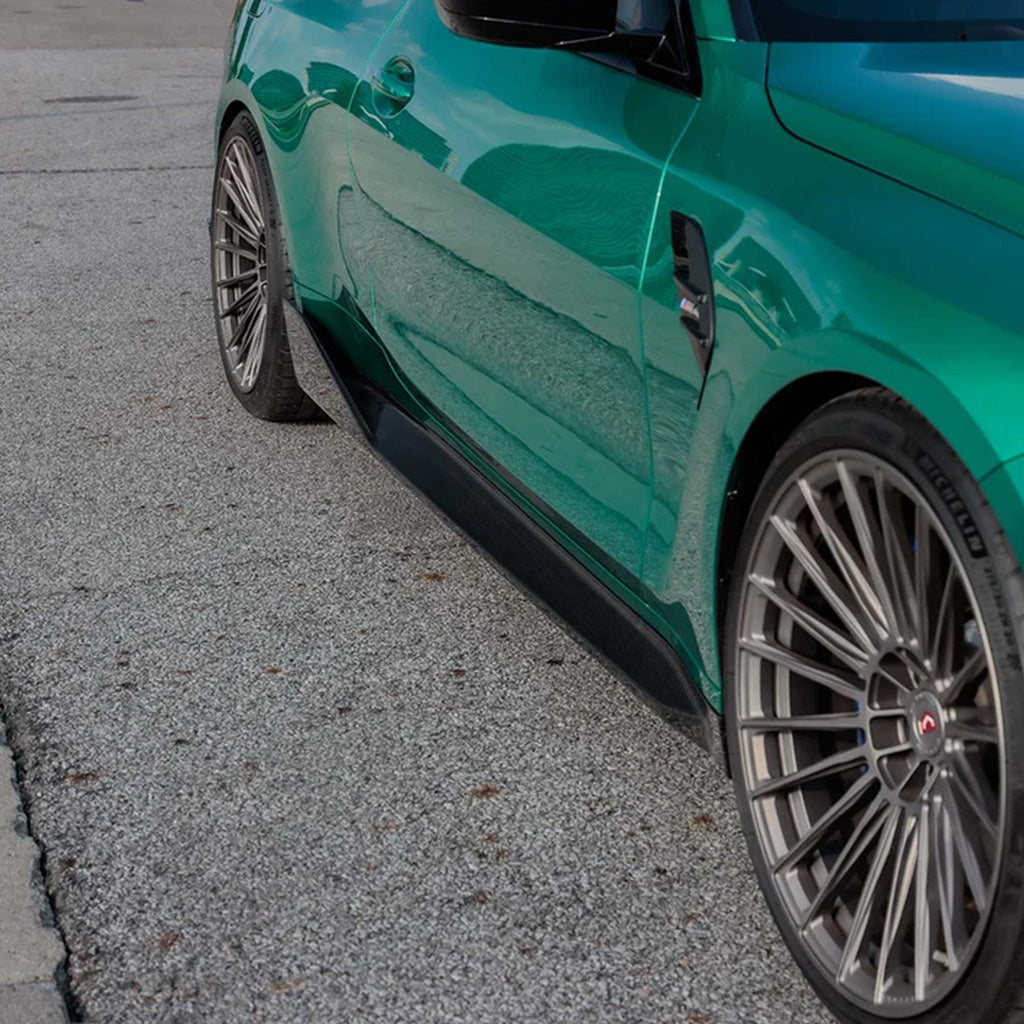



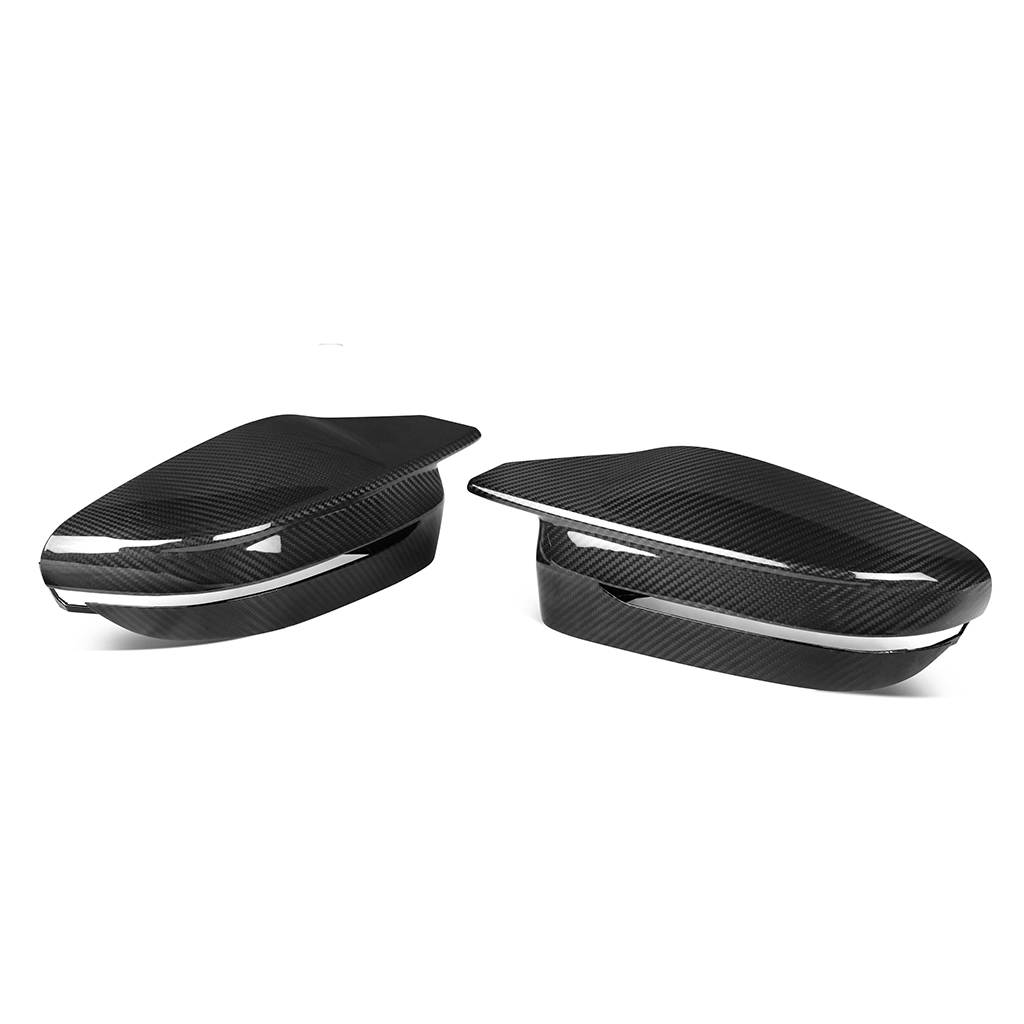
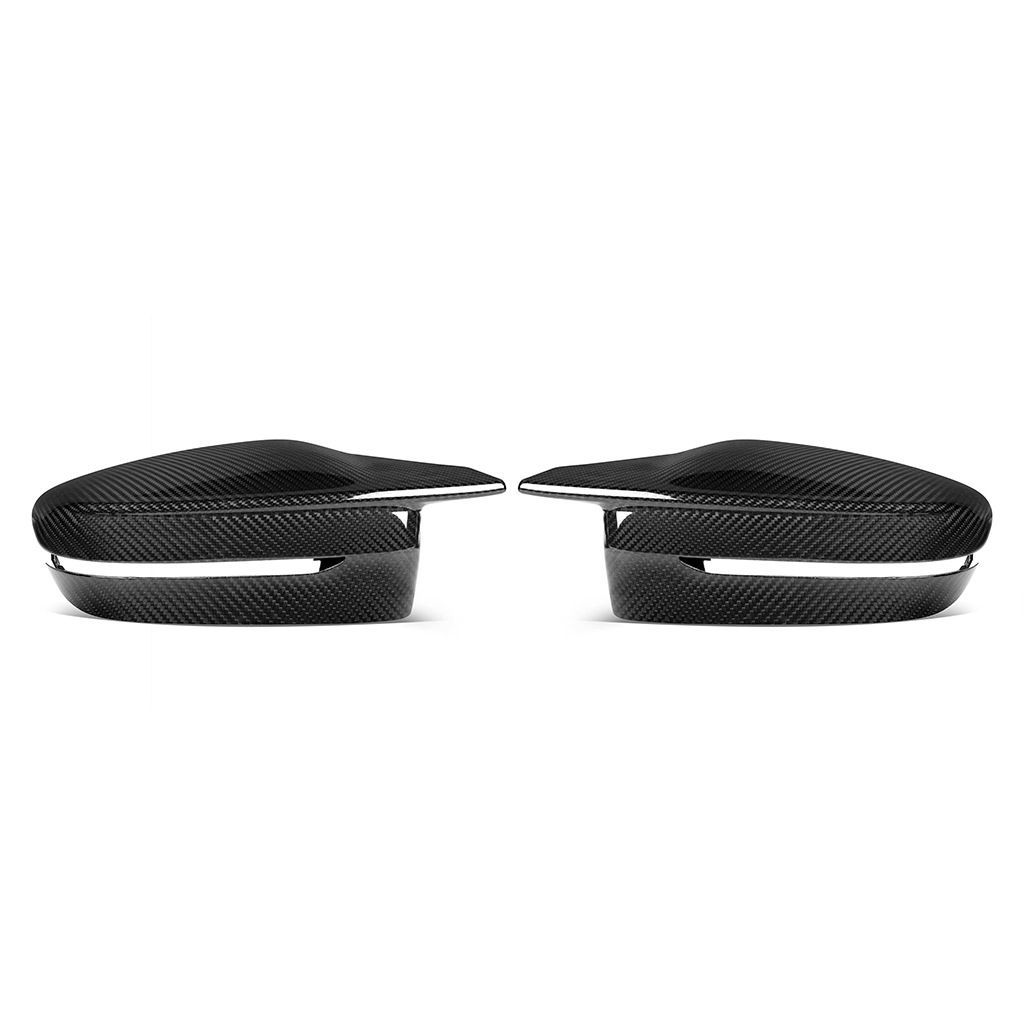
Share:
A Comprehensive Guide to Selecting Engine Management Systems in 2025
BMW G80 G82 M3 M4 3D Style Front Lip Upgrade